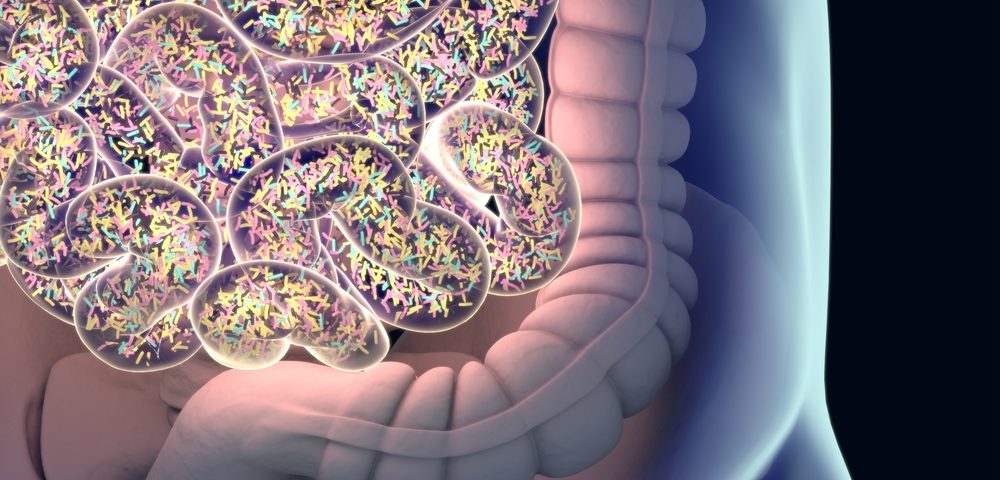Microba, Scientists See Road to Treatment Starting in Patients’ Gut

Microba has partnered with researchers at the University of Queensland’s (UQ) Faculty of Medicine to study gut bacteria of people with Parkinson’s disease, with a goal of discovering and developing new biomarkers and therapies for this neurodegenerative disorder.
A first clinical trial is planned for this year at sites across Queensland, Australia, to determine if a treatment could restore a health gut microbiome and ease common non-motor disease symptoms like constipation.
“We believe that this partnership will uncover disease-related signals in the microbiome that have not been seen before,” Gene Tyson, PhD, a professor, microbial ecologist, and co-founder of Microba, said in a press release.
The gut microbiome — a vast community of friendly bacteria, fungi, and viruses that colonize the gastrointestinal tract — work to maintain a healthy and balanced gut environment, protect against disease-causing organisms, and influence a person’s immune system and inflammatory responses.
Increasing evidence suggests that imbalances in the composition of gut microbiome might contribute to Parkinson’s development and progression.
“The microbiome represents a new frontier in our understanding of Parkinson’s,” said Richard Gordon, PhD, a research and group leader in clinical neuroscience at the UQ Translational Neuroscience Research Group.
Microba, a biotechnology company focused on gut microbiota-based therapies, has an analysis platform that is reported to promote discoveries through comprehensive and precise measures of the human gut microbiome.
“We are excited to apply Microba’s leading measurement and analysis tools to enable discovery in this debilitating disease,” Tyson added.
Microba uses a sequencing technology named metagenomics — the study of a collection of genetic material (metagenome) from a mixed community of microorganisms — to identify microorganisms and their function.
UQ researchers will apply this technique in an attempt to spot novel biomarkers that would aid in early diagnoses. It also might contribute to the development of new therapies for Parkinson’s disease.
“With Microba’s expertise we hope to gain unprecedented insights into the functional role of the microbiome in the disease process to guide our quest for new treatments and biomarkers for early diagnosis,” added Gordon.
Researchers will be conducting studies in animal models of Parkinson’s disease, as well in patients.
Microba is working to develop diagnostic tools and therapies based on gut microbiome in diseases that include inflammatory bowel disease and immune-oncology.






